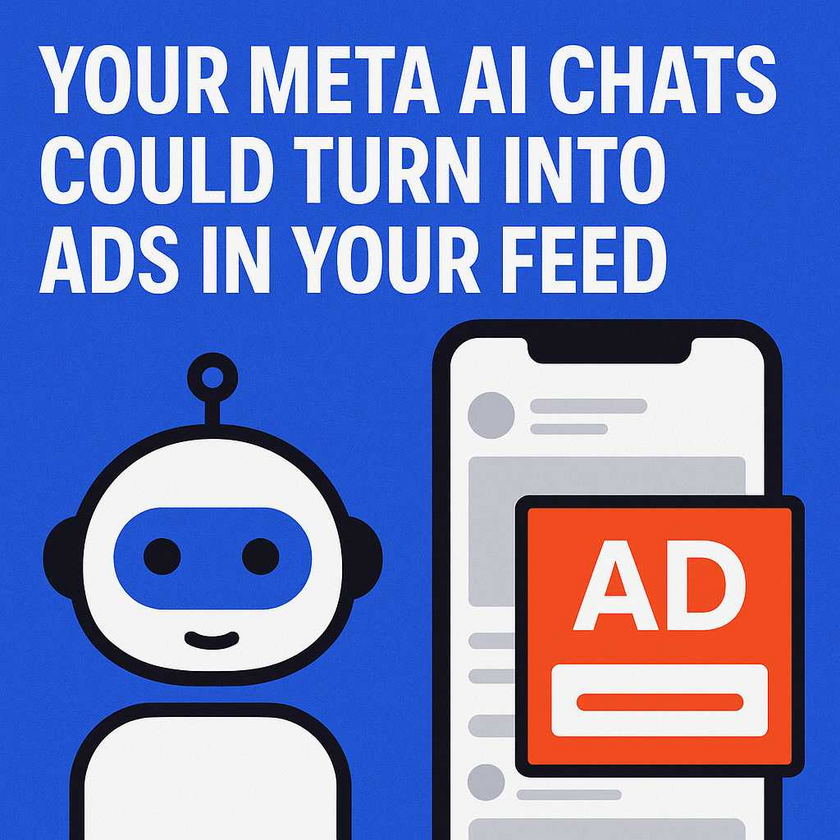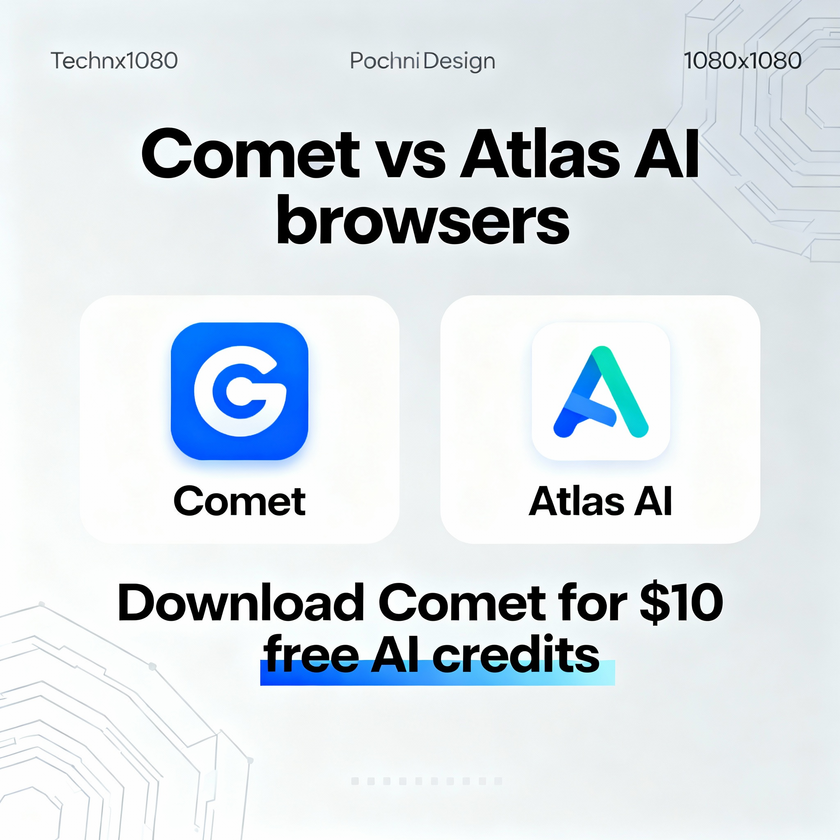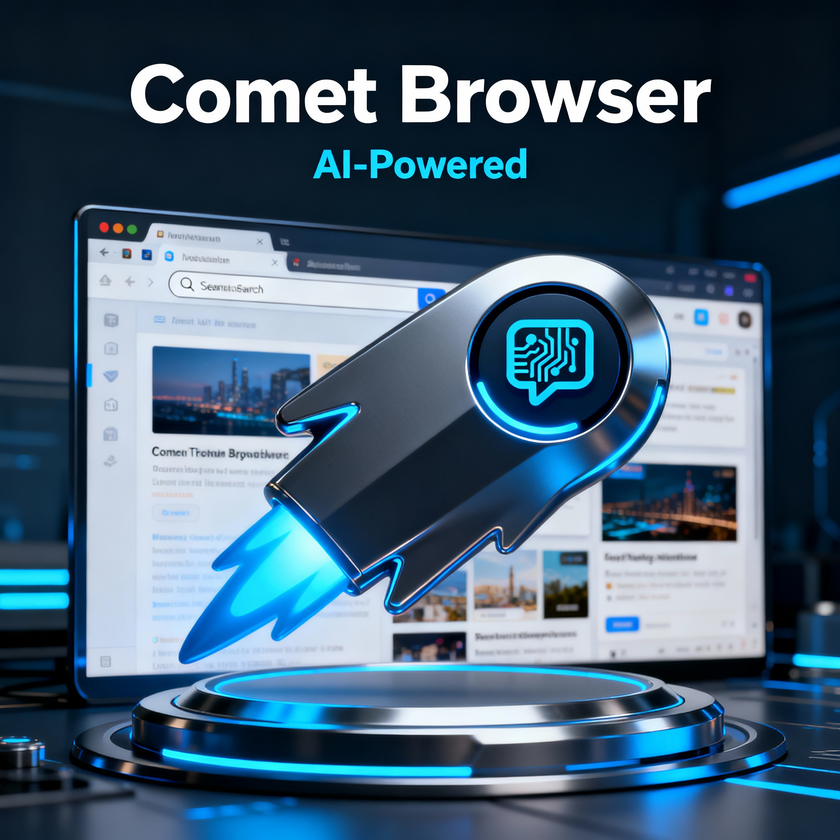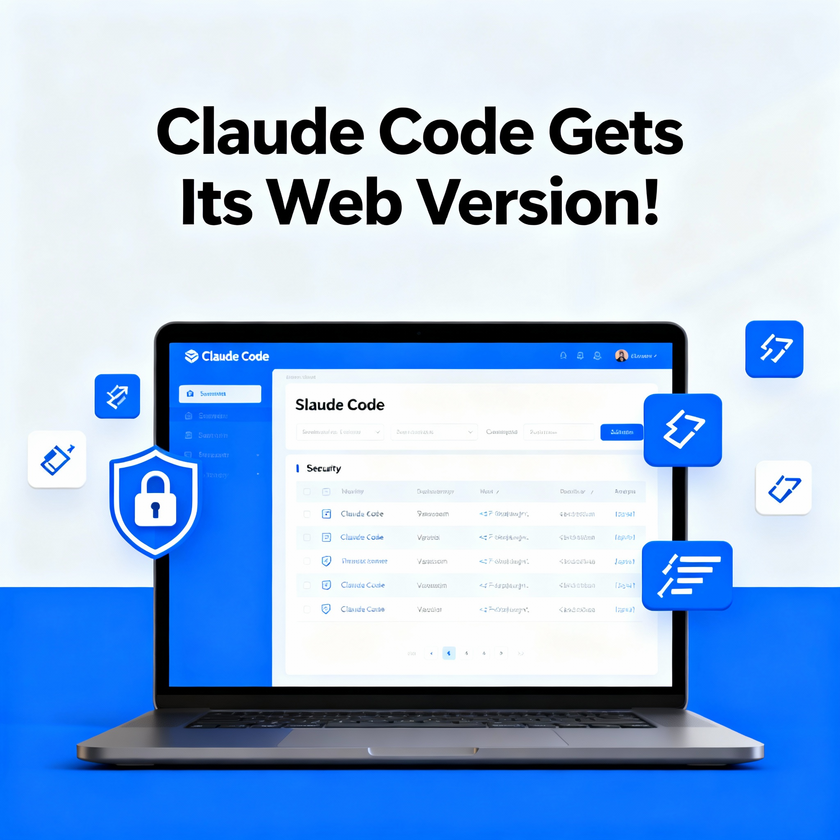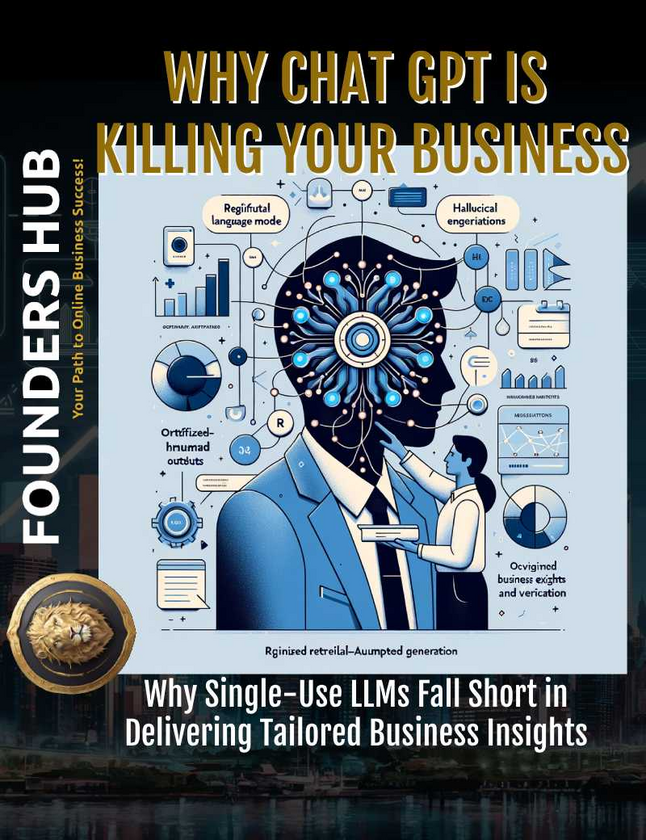Atlas vs. Comet: Overview
OpenAI Atlas and Perplexity Comet are two new AI-powered browsers, launched within weeks of each other in October 2025. Both aim to transform how users interact with the web, but each takes a distinctly different approach to the integration of artificial intelligence in everyday browsing.
Feature | Atlas (OpenAI) | Comet (Perplexity) |
Core Philosophy | Task automation ("Let me do that for you") | Research and understanding ("Let me help you learn") |
AI Engine | Built on ChatGPT, agentic workflows | Perplexity AI, context-rich research workflows |
Launch Date | October 21, 2025 | October 2, 2025 |
Platform | macOS Apple Silicon (Windows and mobile soon) | Chromium (Windows, Mac), supports Chrome extensions |
Pricing | Free (premium for advanced agent features) | Free + Plus (subscription for advanced features) |
Quick Links
To get started testing Perplexity Comet and claim $10 in free AI credits, simply click here New users get a complimentary month of Perplexity Pro, a fast way to experience AI powered browsing risk free.
Core Benefits
OpenAI Atlas
Seamlessly integrates ChatGPT into the browser sidebar, enabling real time dialogue with web content.
Agent Mode can automate multi-step tasks: from booking a trip, shopping, or conducting multi tab research, all via simple instructions.
Customizable context memory allows Atlas to remember browsing patterns, user interests, and session context, offering enhanced personalization.
Suitable for action-oriented users who want the AI to take over and execute web tasks on their behalf.
Perplexity Comet
Prioritizes deep research, synthesis, and knowledge extraction, designed for users who want to learn and understand rather than delegate.
The Comet Assistant sidebar tracks context across tabs, providing inline answers, page annotations, and reliable sourcing for every AI response.
Allows users to highlight text and get instant follow-up explanations, great for deep reading, news summarization, and research projects.
Every insight is actively cited, ideal for professionals and students who value transparency and need traceability in summaries.
Supports all Chrome extensions, simple one click migration from Chrome/Edge, and includes privacy controls, local data storage, and a native ad blocker.
Try Perplexity Comet today and receive $10 in free AI credits! Claim your complimentary month of Perplexity Pro, perfect for anyone eager to explore the latest AI-powered browsing experience risk-free.
Features Detail
Feature Category | Atlas | Comet |
Task Automation | Advanced agent mode for task flows | Contextual research and summarization |
Multi-step Capabilities | Yes; automates web tasks | Partial; streamlines research flows |
Citation/Tracing | Relies on ChatGPT summarization | Inline citation; reliable traceability |
Platform Support | macOS exclusive, Windows/iOS soon | Chromium-based, Windows/Mac |
Chrome Extension Support | Planned, not present at launch | Full extension support |
Privacy Options | Agentic memory (opt-out possible) | Local storage, user controls |
Downsides and Issues
Atlas Downsides
ChatGPT sidebar sometimes delivers generic results and can miss personalized recommendations, even with access to interaction history.
Sidebar design can narrow the main content window, occasionally causing websites to render incorrectly or appear “janky”.
Privacy concerns: agent mode’s deep access to your browsing and memory features require careful management; sharing browsing context with ChatGPT carries both productivity gains and new risks.
Not yet available for Windows or mobile platforms at launch, limiting cross-device access.
Some technical UX problems have been reported, causing inconsistent site layouts.
Comet Downsides
For full feature access, users need to subscribe to Perplexity Plus or Max, with the premium tier priced significantly higher than competitors ($200/month for Max, though a free tier is provided)
Early reviews critique design as “cluttered” or “clunky”; some users prefer a more minimalist approach.
AI agent can occasionally hallucinate or provide incorrect task execution, and voice input can be sluggish.
Requires users to grant deep access to personal data for agent features to work best; transparency is improving but still not perfect.
Some tasks (like booking or shopping workflows) may fail or loop, and AI may struggle with ambiguous instructions.
Use Cases: Which Browser for Which Task?
For researching a complex topic, comparing sources, summarizing news, or academic reading, Comet offers better annotation, citation, and context retention.
For automating web-based workflows like multi-step bookings, filling forms, or executing tasks across various tabs, Atlas is superior in agentic automation.
For casual, rapid browsing or navigating to brand sites or tools, traditional browsers like Google Chrome still outperform both AI browsers.
Privacy Considerations
Both browsers pose new privacy challenges. Atlas’s memory and agent features mean the AI can record and process much of your web activity; it offers opt-outs and parental controls but requires vigilance. Comet is designed with privacy in mind, giving users options for local-only data storage and ad blocking, but deep AI integration means new kinds of tracking are possible.
Final Thoughts & Action
Both Perplexity Comet and OpenAI Atlas are at the forefront of AI-powered browsing, each designed around distinct philosophies: Comet for knowledge and research, Atlas for automation and execution. Carefully consider your workflow needs and privacy preferences before choosing.
Take advantage of the limited-time Comet $10 credits offer and complimentary Perplexity Pro trial—download, explore, and see if AI-powered research supercharges your productivity.



